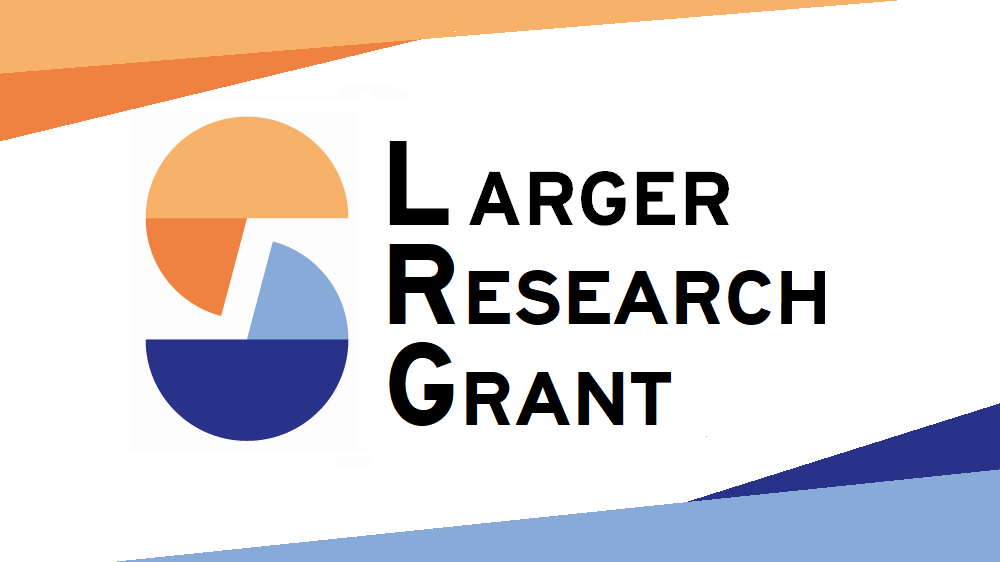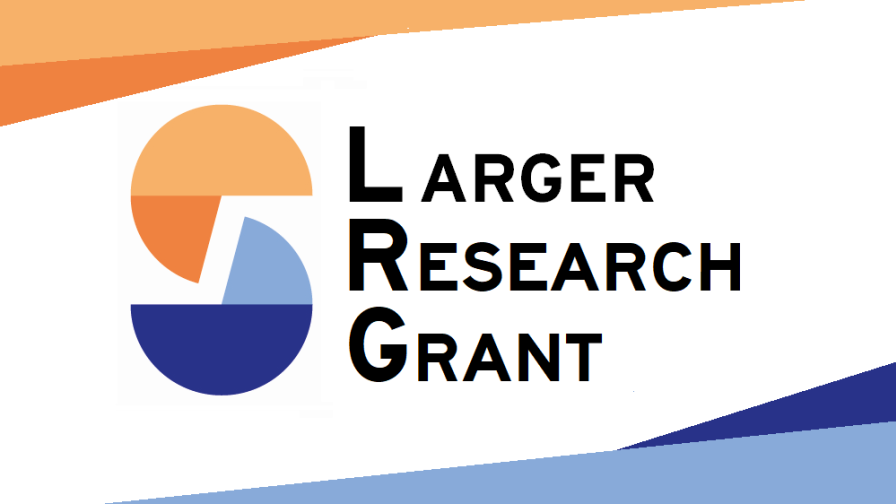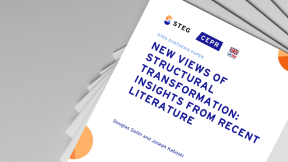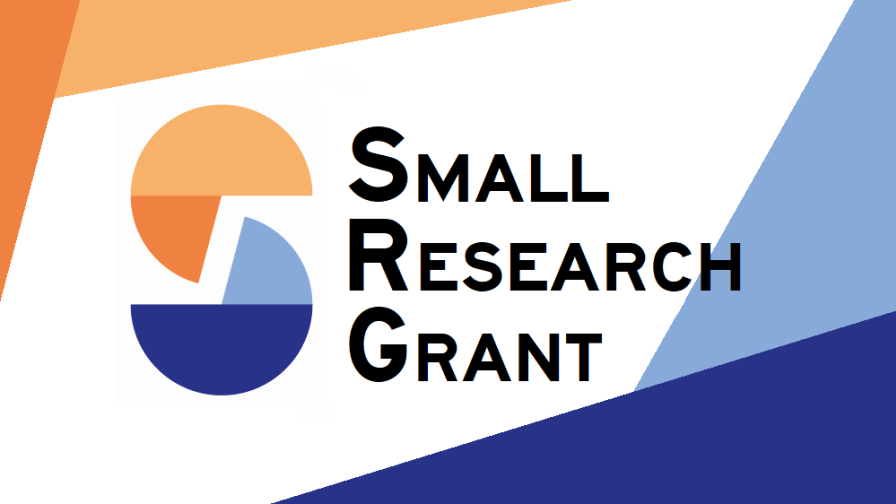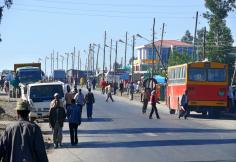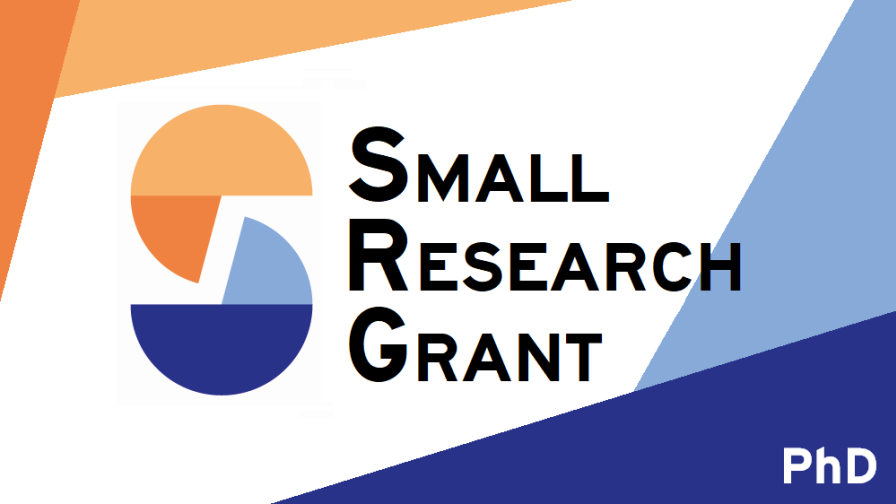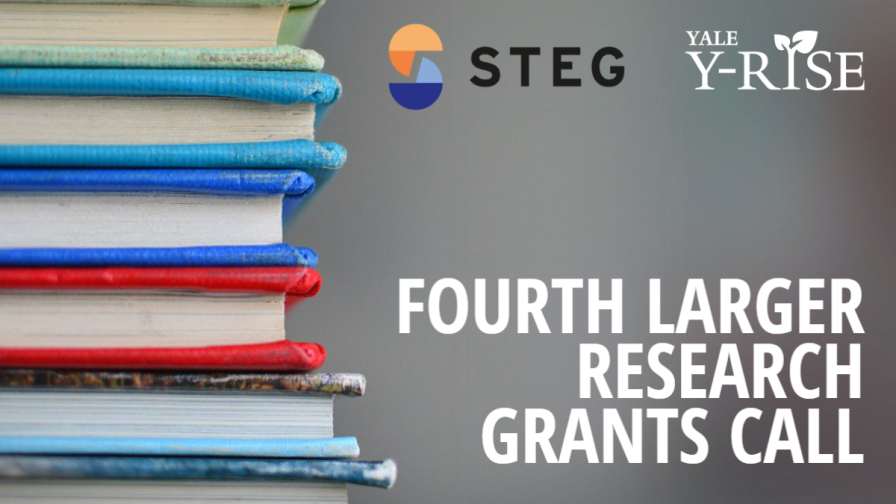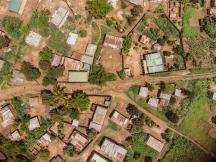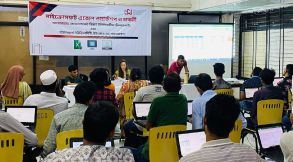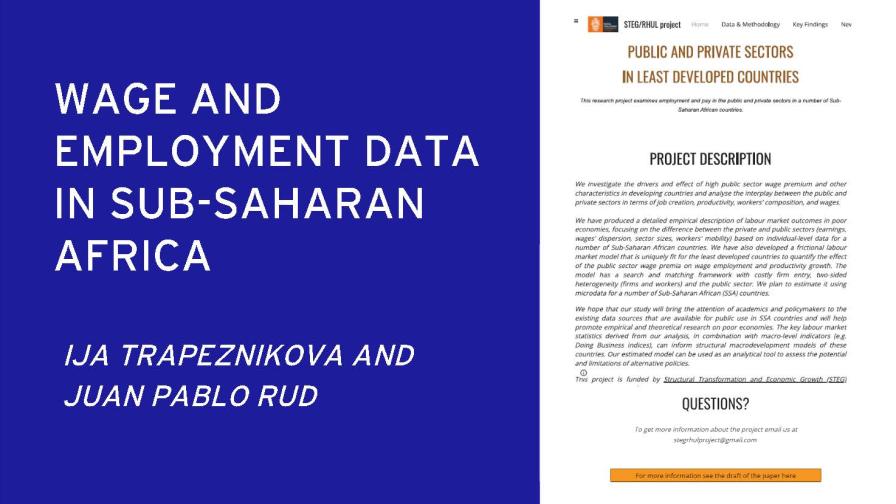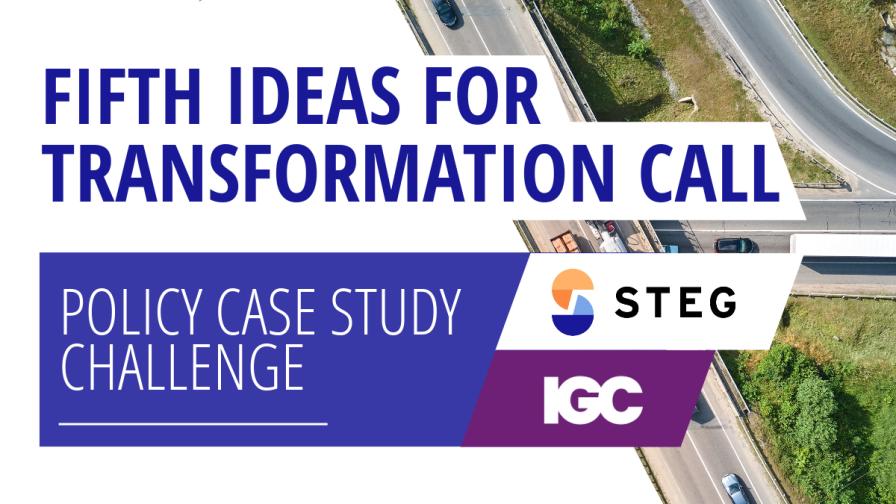Climate change presents a global threat to human populations and economic growth, especially in low-income countries. One important manifestation of climate change is through the increased likelihood of extreme weather events. While the literature has identified detrimental direct impacts of such shocks on firms, and their propagation through supply networks, our understanding of the economic and adaptive responses that govern these impacts remains limited. These adaptation decisions are however crucial in anticipating how costly climate change will be and designing appropriate policy responses. This project aims to understand the response of firms and their supply networks to extreme weather events in Pakistan. The research team estimate impacts on firms that are directly affected due to their location in a flooded area, impacts on firms that are indirectly affected through their buyers or sellers, and impacts on firms that arise because of disruptions to transportation infrastructure. A particular focus of the analysis is the extent to which firms make adaptive decisions in the aftermath of extreme weather events that may help to limit their exposure to future such events.
The project's approach combines a micro-founded structural general equilibrium model with two novel datasets. To measure firm outcomes, the research team use georeferenced monthly microdata on the near-universe of formal firm-to-firm sales transactions of Pakistani firms over ten years from Pakistan’s Federal Board of Revenue. To measure the extent to which supply routes are affected by extreme weather events, they use high-frequency geospatial data from GPS trackers installed on over 15,000 commercial trucks over the same period from an original equipment manufacturer, which yields accurate data on supply routes, traffic conditions and natural disaster disruptions. The researchers combine these with satellite floods maps to construct the extent of flood-related disruptions to firms and the road network.
This project uses these datasets to provide evidence on the responses of firms and their supply networks to natural disasters, including how far firms make adaptive decisions such as relocating to less exposed areas, or diversification of or changing the network of suppliers and buyers towards those less prone to climate shocks. The researchers then interpret the estimates in a spatial general equilibrium model to understand the general equilibrium impacts of shocks on all firms in the network and run counterfactual simulations to understand the importance of different adaptation margins for firm-level and aggregate outcomes. Understanding these responses and quantifying their general equilibrium impacts is critical in understanding the aggregate implications of increasingly frequent and severe extreme weather events as the climate changes.
